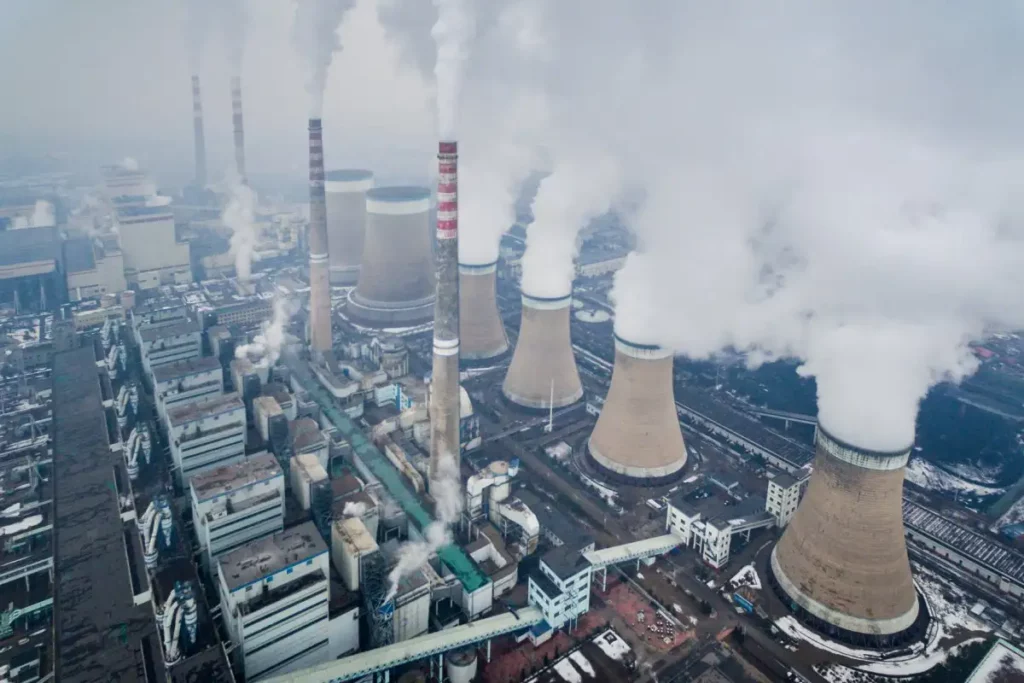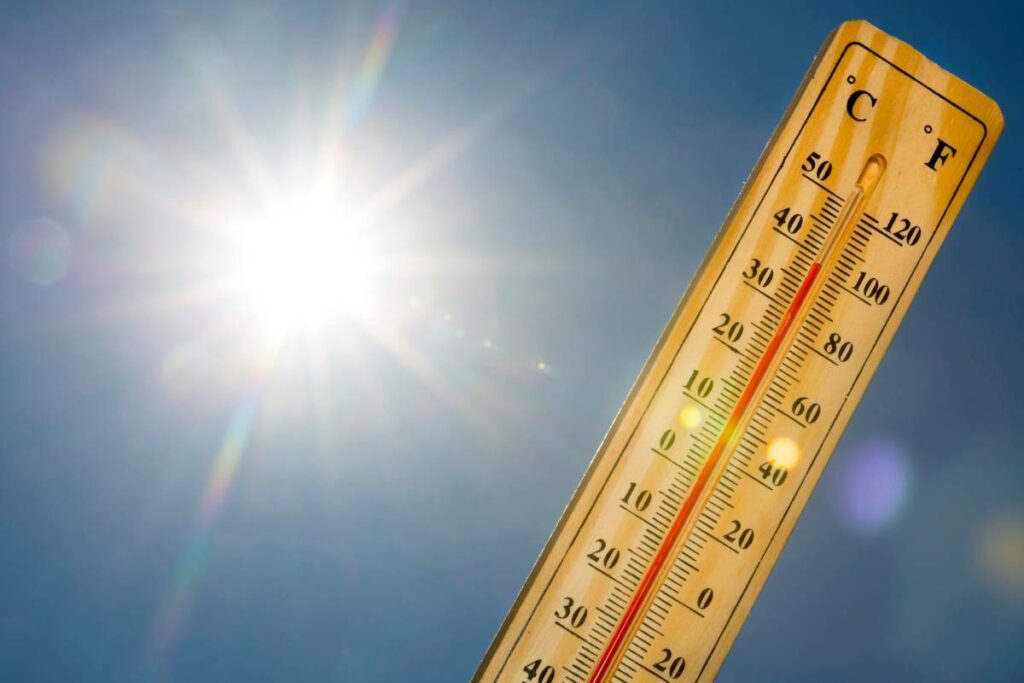Back on September 20th NBC News provided dramatic proof of breakdown. “‘No, not again!’ In Mexico, 3 powerful earthquakes struck the same day”. Mercifully few were killed this time, unlike previous such incidents in 1985 and 2017; in the latter case a school collapsed on a number of students and in the former, some 9,500 people lost their lives. Remarkably, in all three cases the date was September 19. But what has climate change to do with it? Nothing, and NBC did not maintain otherwise. Since it’s clear to nearly everyone that earthquakes are the result of highly complex natural processes such coincidences are understood to be precisely that, except by superstitious gulls. Whereas if you get a couple of years of heavy rain, or light rain, or forest fires, or anything you can wrongly claim “experts say” is driven by climate breakdown, they’re on it like ugly on ape. Or F on statistics exam.
It's important to understand basic statistics if you want to make an intelligent contribution to the climate debate. For instance those stories about a record temperature being set in Joplin, Missouri on July 24 and in Manchester, NH on the same day. Not an all-time record, note carefully. A record for that date. As, the New York Times reported in what seems to be its “Extreme Weather” section, did eight other cities while four more tied records. And “A number of other places came close to matching their records” including La Guardia Airport, a singularly uninteresting claim since airports are notorious artificial heat traps. But here’s the thing.
If the weather were just fluctuating, not going anywhere in particular, it stands to reason that any given place would stand a one percent chance of having its hottest temperature in the last century in any given year. (We take the last century because it’s a big slice of the modern thermometer record and for mathematical convenience because it makes any given year one percent of the total). But as of 2018 the United States had 19,495 incorporated cities, towns and villages. So if you were cherry-picking to illuminate an actually non-existent crisis, you’d get 194 bits of fruit in your basket in a typical a year.
Ah, but what of having a record on any particular day? Actually it’s the same. The chance of any city hitting its hundred-year record high (or low, or maximum rainfall, or wind speed, or anything that has been recorded reasonably carefully) for July 24 in 2022, or 1992, or 1932, would be one in a hundred if weather were simply fluctuating. And so, again, you’d expect 194 incorporated American entities to do so every year.
Now consider how many times in a year any given place would hit its hundred-year record for a particular day. Well, since it’s one in a hundred on any given day, over the course of an average year and there are 365 days in a non-leap year, it would happen 3.65 times on average. And yet if headlines said “East Oxter sets hundred-year temperature record for third time in 2022” there’d be lots of tongues and fingers wagging about climate change.
Now for a rather tricky one. What are the odds that any given city would not set a hundred-year temperature record for at least one day in the year?
If you survived high school math you may remember that if the odds of not doing so on any given day are 99/100, or .99, then the odds of not doing it on two particular (consecutive or non-consecutive) days is .99 times .99 which is very nearly 98%, almost as if you were just adding the 1% chance of not doing it on Jan. 1 to the 1% chance of not doing it on Jan. 2. But in fact you have to multiply the daily 99% chance of not doing it by itself 365 times which comes out to a measly 2.5%. So yes, only one year in 40 will your city, town or county not have at least one day in the year that broke the record for that date. And no, it doesn’t mean there’s a trend.
Given the gentle warming since Victorian times that virtually nobody denies, or denies continued from 1922 to 2022, the century we’re calculating odds for, it becomes slightly more likely that records will be set. But only slightly, and as we’ve pointed out frequently, no sane person looks at the cyclical rises and falls in temperature throughout the Holocene and concludes that the entire 1.1° C increase since the Little Ice Age ended was man-made, even if a lot of people think some of it was. So these records tell us no more about human influence on climate than a cluster of earthquakes would.
This math would come out very differently if some alarmist were to try to predict in advance that a specific city would set a temperature record on a specific day. If they did, and were right, they’d have fingered a trend. But as the Times showed, it doesn’t work that way. Instead they either pick a day and start looking for places that set records, or pick a place and look for days where it did. And when they find them, they impose their statistical illiteracy on an audience that also does not look back fondly on probability theory and says “Gotcha”. But they don’t.
P.S. We note here in passing the breaking news that Ottawa just recorded its first low of -2° C on October 8, nearly two weeks earlier than the average. And for lack of context, that the earliest recorded date was September 20 back in 1929, and the latest was November 24, 1963. There’s no trend. It’s just random.



Brilliant and accurate use of statistics! I wonder what percent of the population consider these calculations when the read these alarmists stories? Of course, until these journalists are called out on their statistical slight of hand, they will continue to have their audience eating out of their hand. As good journalists they will know if I should have written “…have their audienceS eating out of their handS.”
Statistically speaking, your argument is sound. Most of the individuals presenting the entire climate change debate, do not have any kind of scientific background. Or those who do, have their degrees in disciplines outside of sciences outside the scope of our environment. Or we receive college educated engineers, gifted in their own disciplines, pretending to be environmental scientists, which is a fraud. Engineers are great for solving complex issues in environmental waste management systems for solid waste disposal and recycling. Waste recovery from ocean’s and shore lines, and to recover our rivers and lakes, not the science of climate change.
I agree with your analysis but would modify it a bit. In my opinion "There’s no trend. It’s just random." should be"There are natural climatic variations that we don't understand but the biggest contributor to weather extremes is just random variation".